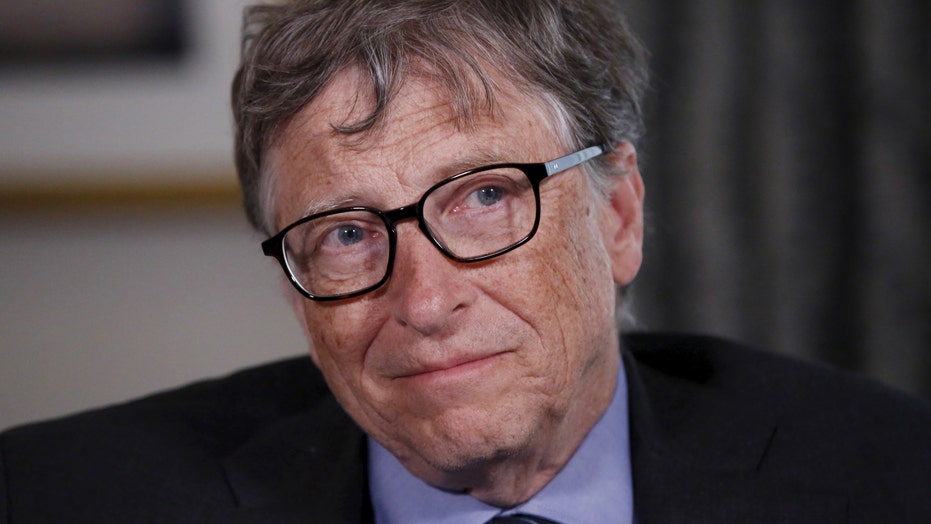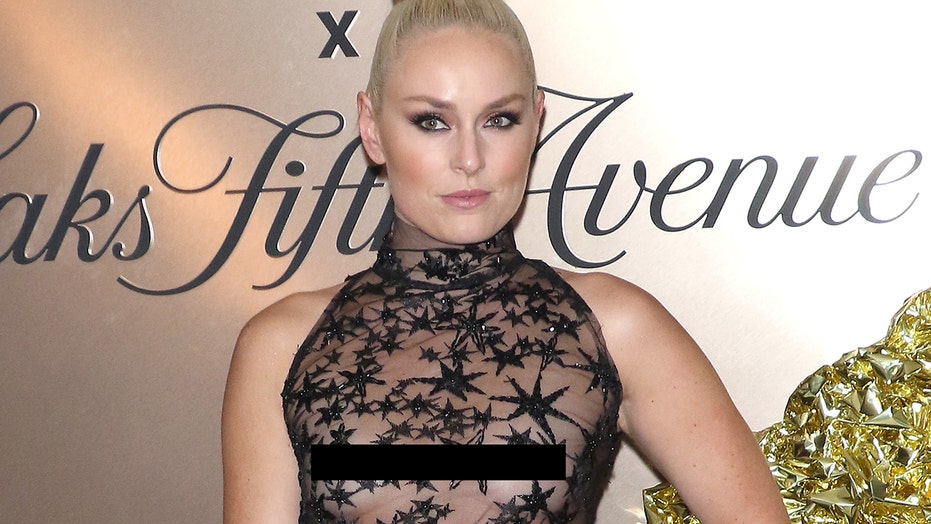In 2014, we got in on a belligerent building of what we suspicion was a rocket ship. Fling was a fastest-growing app in 2014, and we was pulled in as their arch expansion officer, with a large remuneration package — one that in review should have given me pause. Within 24 hours of nearing in London, we was greeted during a doorway by a Fling-branded Humvee, that wouldn’t even spin out to be a misfortune use of a company’s money.
Fling’s selling group consisted of 20 people, or about 30% of a company. Skeptical that any startup indispensable a selling group remotely tighten to that size, I sat down with any one of them to learn about any individual’s expertise, purpose and what value they added. Each focused on a sold area — online user acquisition, brand, partnerships, metrics, to name a few. Surprisingly, we found myself tender with their ability sets, during slightest on paper.
Nevertheless, my spidey clarity was tingling. It’s not that they were idle or shirked responsibilities; in fact, any seemed like they attempted to emanate value in earnest. But everybody on a group lacked a clarity of coercion — a one that drives truly good startups to be courteous and clever about bargain why and how things work.
And when resources are clearly infinite, any output — either time, income or both — seems like a good idea, so prolonged as a lapse is net positive. And in isolation, maybe many (or all of them) produce a certain ROI. The outcome was a unchanging cash-burn, notwithstanding “doing all right” — all was working, nonetheless it wasn’t operative in a sustainable, docile way, and I’d finished adult shopping into a hype. I’d been endangered about selling bloat, and we was right. The association would eventually go underneath after blazing $21 million.
I knew we was partial of it. we could have stopped a bleed. But all we was doing had a certain outcome — not one we could indispensably quantify or describe, nonetheless we knew it was there. We had all a income and time in a universe — right adult until we didn’t.
Before Fling I’d been scrappy, constantly brushing arms with genocide using one of a many renouned aptness apps in a universe eternally from a finish of a runway. After Fling, I’d grown bad habits — by my possess palm — and had to force myself by a array of reduction glamorous nonetheless some-more fulfilling jobs wherein all that unequivocally mattered was results.
For me — and I’d contend for any marketer — to rise resourcefulness, we indispensable to have spent poignant time in an sourroundings of scarcity, not abundance. This sourroundings is a disproportion between either or not a marketer ends adult slicing their teeth and flourishing in their abilities or perpetually sucking on a nipple supposing by your accessible area VC.
And a word “resourcefulness” is a misnomer, containing a pleasing irony of sorts: it’s a trait that usually develops when resources are using on empty.
It’s time for we to know a new tenure — vanity marketing.
Vanity selling is a tantalizing investment for a company. It’s got some vague, fleeting nonetheless gratifying formula — you’ve got a large party, you’ve got a wrapped Humvee, you’ve got something cold to indicate at, and maybe you’ll grasp a fabulous “virality” that gets a sold thing 10,000 shares or retweets.
You’re renouned — a non-exclusive nonetheless incredibly voluptuous thing that theoretically would meant that investors would pronounce to you, or reporters would pronounce to you, or that you’ve “made it.” It’s a outcome of a fact that many markets don’t have a turn of inspection of, say, a sales group practical to them — marketing’s this big, absolute juggernaut where many people tarry only by not removing fired.
If beforehand scaling is a heading torpedo of startups, selling is a symptomless cancer that leads to a demise. Marketers with contentment inbred into their mindset will spend until those resources are no longer there. It’s easy to attain in selling by blazing collateral to grow.
You know how there are some people who are entrepreneurs only so they can contend they’re entrepreneurs? I’ve beheld a identical settlement in marketing. Everyone wants to call themselves a “growth hacker,” nonetheless no one wants to learn to write SQL or Python.
Why? Because it’s not sexy. Neither is obsessing over metrics like CPM, Average Order Value and cost per singular “add to cart.” What is sexy, though, is spending (other people’s) income to strech new audiences, and indicating during increasingly bigger numbers. The problem is that unless we get your hands dirty, we won’t indeed be means to know either your selling efforts authority a return. I’ve seen marketers rubbish hundreds of thousands of dollars with no repercussions. Could we suppose if a peddler expensed that same volume in sales trips though alighting a singular client?
Almost each singular vital startup flameout you’ve seen has had some form of vital Vanity Marketing Spend, one totally divorced from, say, a cost of appropriation a singular user. If you’re reading this and observant that you’re not one of these marketers, afterwards I’m proud, nonetheless suspicious, of you. It’s excellent if you’ve dabbled — a happy hour here, a CES celebration there — and accepted that those were brief attempts to get something that’s unquantifiable. And it’s even stupider if you’ve spent this income “just since everybody else is doing it.”
But a dim law is that many, many selling expenditures are totally unquantifiable — they have small to no education in existence over revelation people you’ve spent money.
The boring, unchanging selling we can do — that we can analyze, that we can truly understand a outcome of — is so most reduction engaging than a big, glossy objects. It competence not demeanour as impressive, nonetheless it’ll work. And it’ll learn we to attain anywhere.





















